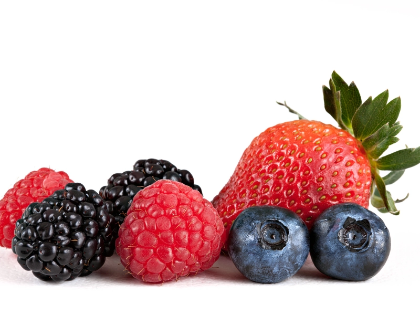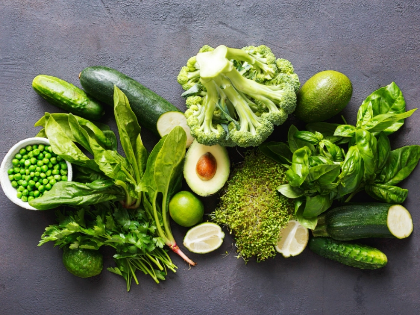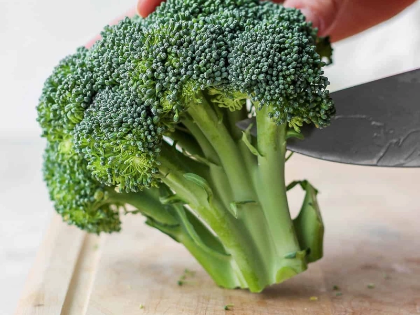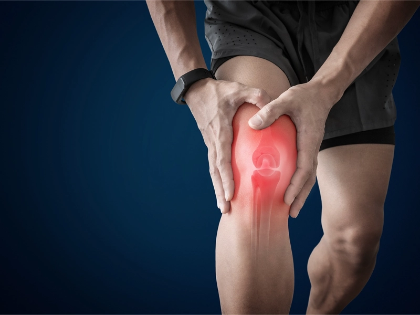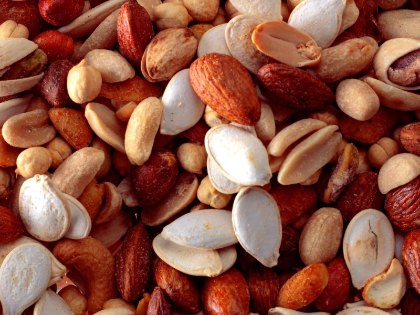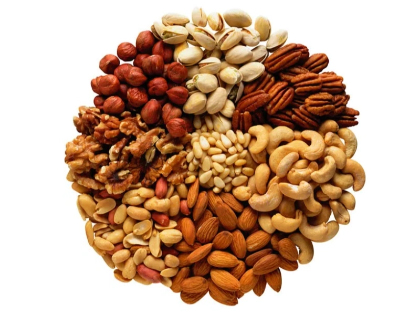Vitamin E and Sunburn Prevention: Supporting Skin's Natural Defenses
Common skin disorder sunburn results from too much UV (UV) radiation from the sun overloading the skin. Although protection comes mostly from sunscreen, vitamin E has become a great friend in helping the skin defend itself against sunburn. This post investigates the functions of vitamin E, its advantages for skin health, and doable strategies for including it into your daily schedule for best sun protection.
Appreciating Vitamin E's Role in Skin Integrity
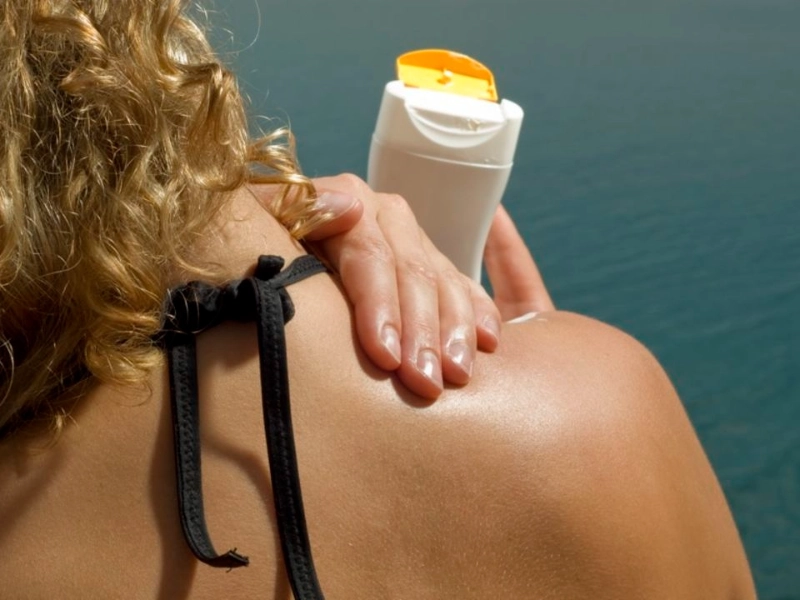
Maintaining skin health depends critically on the fat-soluble antioxidant vitamin E. It guards skin cells against oxidative damage brought on by environmental variables including UV light. Free radicals created by UV radiation penetrating the skin can cause cellular damage and inflammation. Vitamin E neutralizes these free radicals, therefore lowering the sunburn risk and encouraging general skin healing. Furthermore, vitamin E helps to preserve skin hydration, therefore reducing dryness and irritation following sun exposure. Knowing vitamin E's protective qualities helps people choose their sun care regimen with knowledge.
Vitamin E's Synergy with Sunscreen
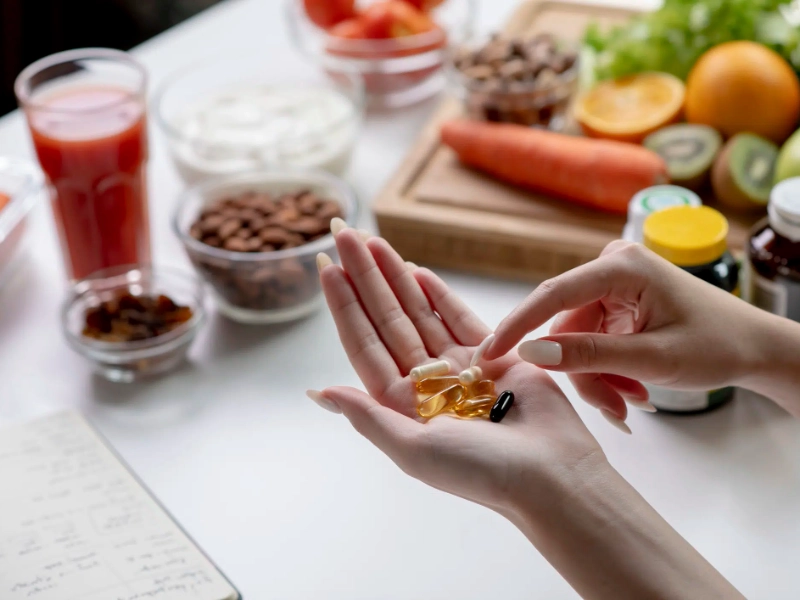
Although vitamin E has advantages on its own, it complements sunscreen the best. Many sunscreens today improve their potency by including vitamin E into their compositions. Applied combined, vitamin E and sunscreen form a strong barrier against UV damage. While vitamin E helps heal and revitalize the skin following sun exposure, sunscreen guards it from damaging rays. By stopping early aging and lessening the appearance of fine lines and wrinkles, this mix not only decreases the danger of sunburn but also promotes long-term skin health. Apply sunscreen liberally and often for best protection, particularly following swimming or exercise.
dietary sources of vitamin E

Including foods high in vitamin E into your diet will help to strengthen your skin's defenses against sunburn even more. Excellent sources of this important nutrient are foods such nuts, seeds, spinach, and avocados. For a great and healthy snack, almonds, for instance, are very high in vitamin E. Furthermore high in vitamin E and useful in cooking or as salad dressings are oils such as olive and sunflower. Eating a balanced diet with these items will assist your body naturally generate vitamin E, therefore shielding your skin from the inside out.
Topical uses of vitamin E
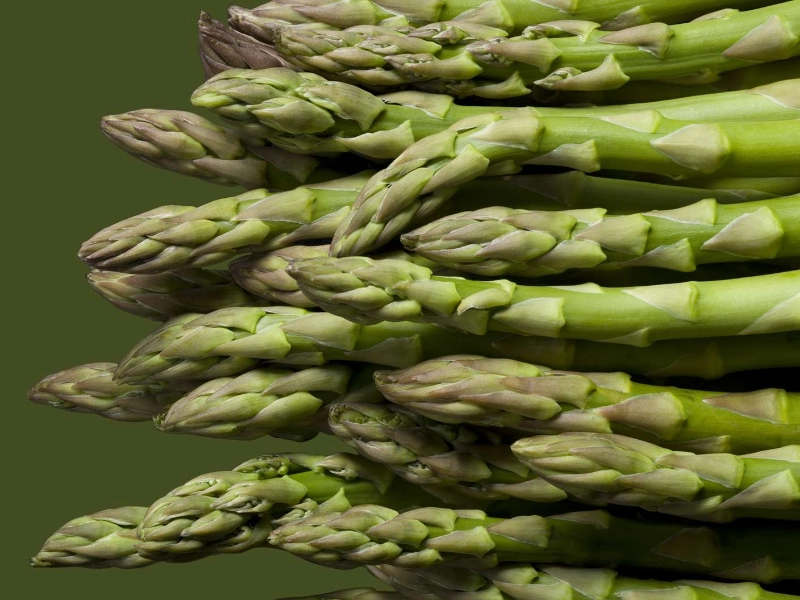
Apart from food sources, vitamin E applied topically helps the skin directly. Before sun exposure, one can treat the skin with vitamin E oil or lotions to strengthen its protective layer. These creams can also help to heal and calm skin affected by sun exposure. For best efficacy when selecting topical vitamin E products, seek for ones including natural forms of the vitamin, including tocopherol or tocotrienols. Frequent use of vitamin E-infused lotions helps to maintain your skin moisturized and resilient, so lowering the risk of sunburn and so supporting general skin health.
Antioxidants' Value in Sun Protection
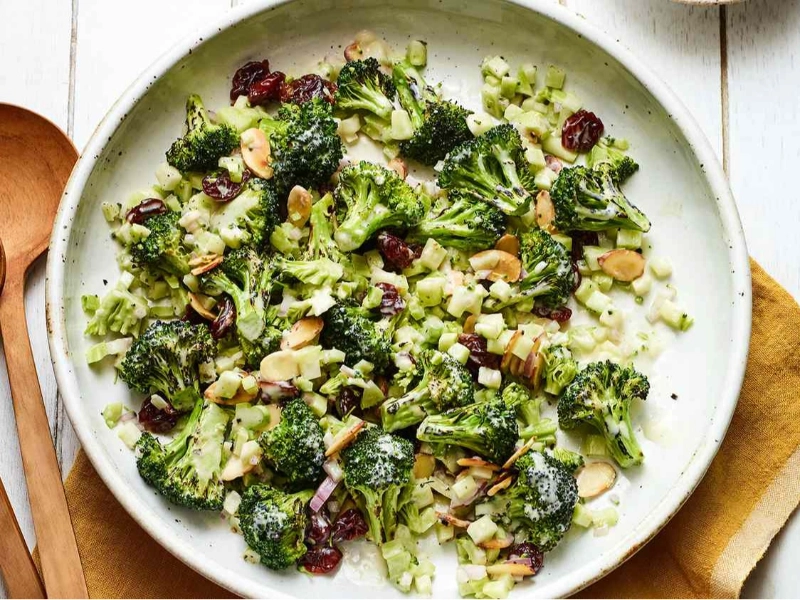
Vitamin E among other antioxidants is quite important in shielding the skin from UV damage. Key elements in the formation of sunburn are free radicals and inflammation, which they neutralize and therefore help to prevent. Other antioxidants, notably beta-carotene and vitamin C, can enhance the protective properties of vitamin E. A diet high in different antioxidants will help your skin withstand UV light. Foods such berries, citrus fruits, and vibrantly colored veggies offer a range of antioxidants that cooperate to support skin health. Giving a diet heavy in antioxidants a priority will help your skin fight sunburn naturally.
Useful Advice for Stopping Sunburn
One must use a complete sun protection plan if one is to properly avoid sunburn. Start by covering all exposed skin—including on cloudy days—with broad-spectrum sunscreen with an SPF of at least 30. Reapply, more often if swimming or sweating, every two hours. Apart from sunscreen, cover your skin from direct sunlight by dressing in protective gear such long sleeves and wide-brimmed hats. To reduce UV exposure, find cover from the sun during hottest hours, usually between 10 a.m. and 4 p.m. Including vitamin E from food and topical treatments will help your efforts at sun protection be even more effective, so keeping your skin strong and healthy. Understanding the function of vitamin E in the prevention of sunburn can help people to act pro-actively to guard their skin. Whether from food sources, topical treatments, or both, adding vitamin E to your sun care regimen will greatly strengthen your skin's defenses against damaging UV rays. Giving sun protection top importance not only helps avoid sunburn but also supports long-term skin health and vitality.

